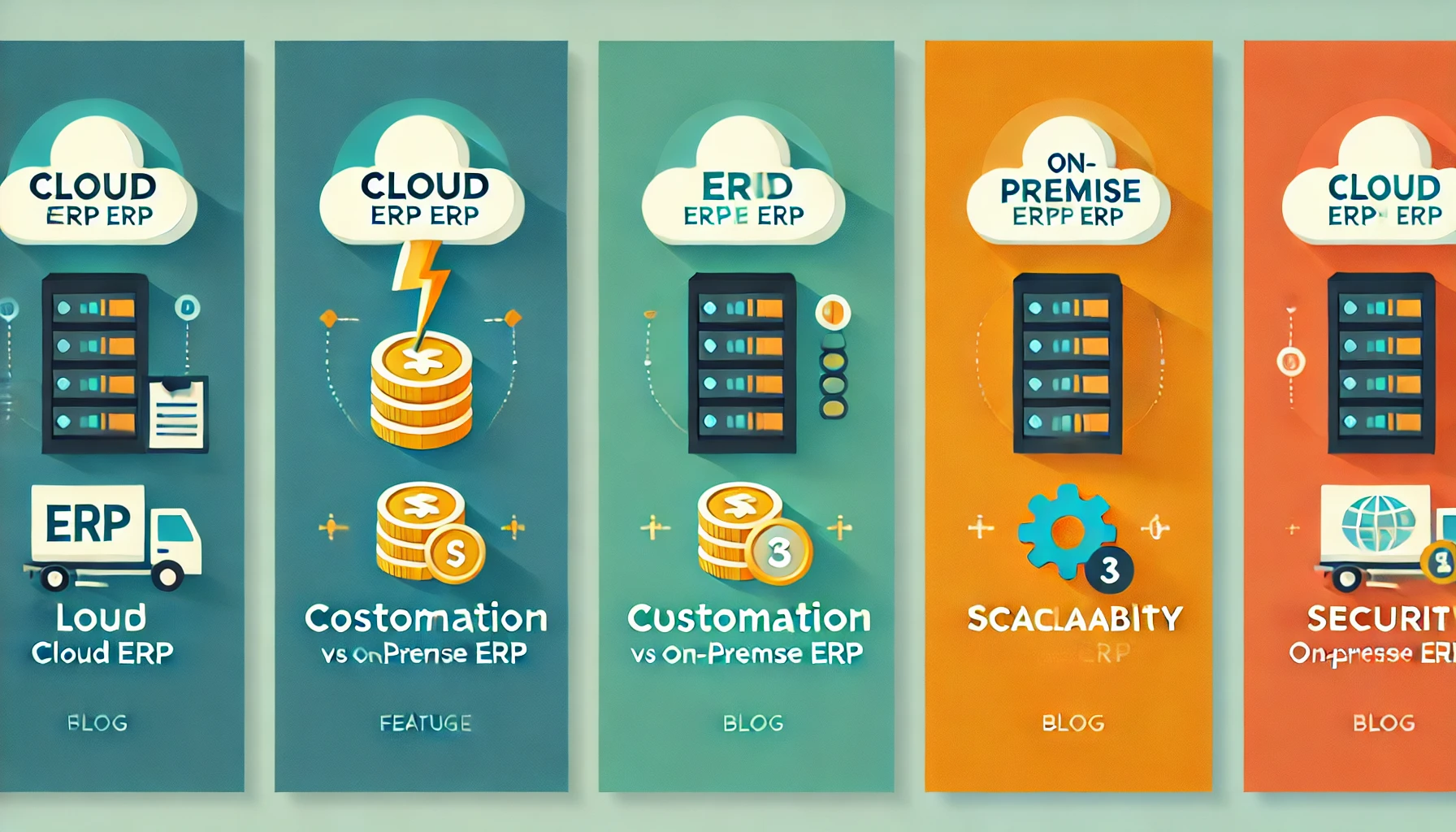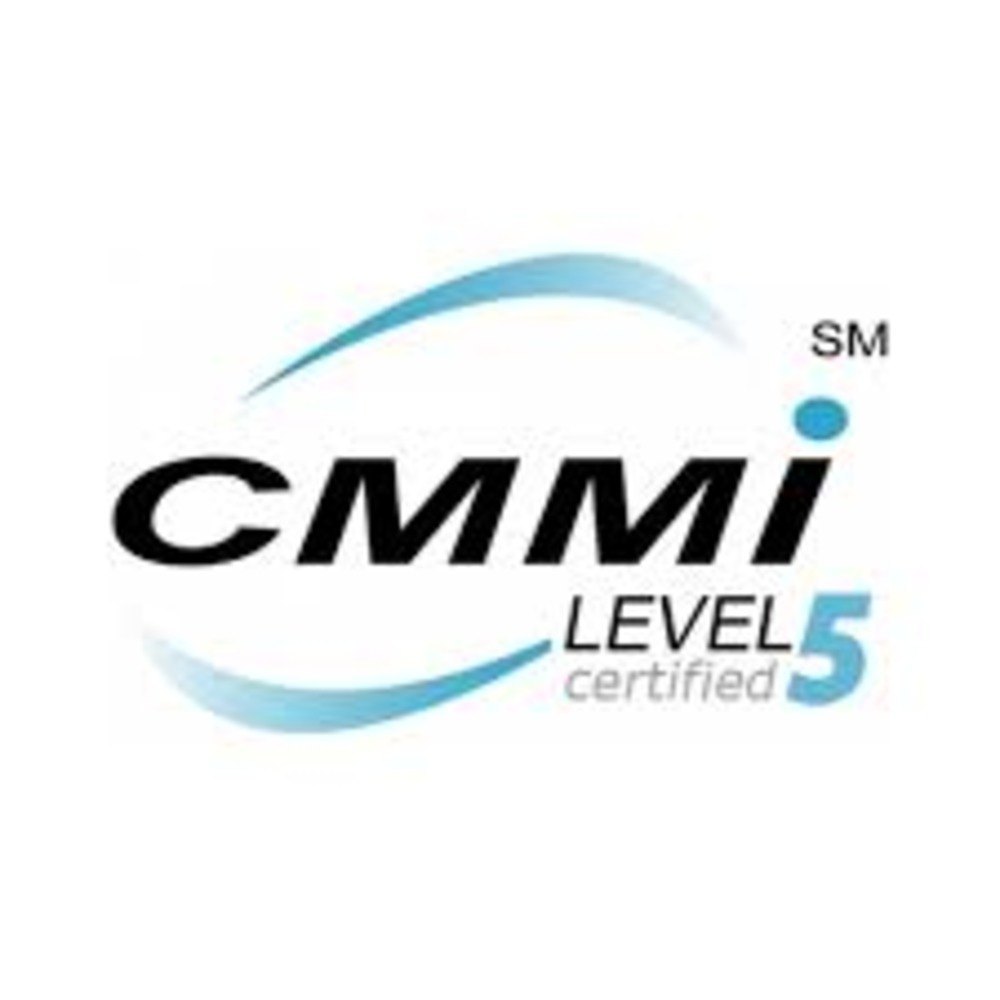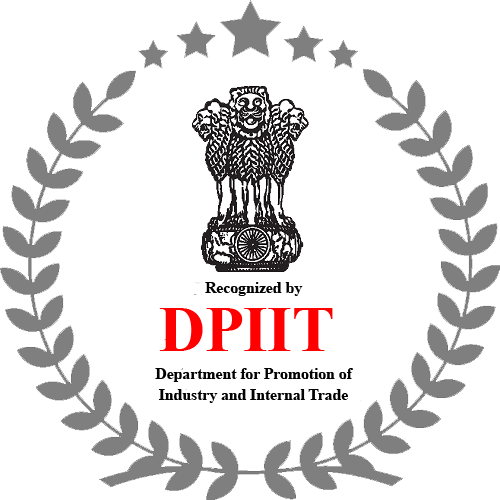Cloud ERP vs. On-Premise ERP: Which Is Right for You?
The modern business landscape demands agility, efficiency, and technology that scales with growth. Enterprise Resource Planning (ERP) systems are essential for managing complex operations, but one key decision businesses face is choosing between cloud ERP and on-premise ERP. This decision isn’t one-size-fits-all, it depends on your business’s needs, growth trajectory, and resources.
As an ERP strategist, understanding the nuances of both options is crucial to guiding organizations toward the right solution. This blog explores the core differences, benefits, and challenges of cloud ERP and on-premise ERP to help you make an informed choice.
What is Cloud ERP?
Cloud ERP refers to a system hosted on remote servers and accessed via the internet.
It operates on a subscription-based model, where businesses pay recurring fees for access.
Vendors manage system maintenance, updates, and data storage, providing a hands-off approach for companies.
- Cost Efficiency: No upfront hardware or infrastructure costs. Subscription-based pricing reduces initial investments.
- Scalability: Easily adapts to changing business needs by adding or removing users and features.
- Accessibility: Enables remote access from anywhere with an internet connection, perfect for hybrid or global teams.
- Automatic Updates: Vendors handle system updates, ensuring the software remains current without requiring manual intervention.
- Enhanced Security: Enterprise-grade security protocols are often superior to what small to mid-sized businesses can implement independently.
What is On-Premise ERP?
On-premise ERP is hosted on a company’s in-house servers and managed by internal IT teams.
Unlike cloud ERP, it involves purchasing the software and associated hardware upfront,
along with ongoing maintenance costs.
- Full Control: Businesses retain complete control over their data and system configurations.
- Customization: Offers extensive customization to meet specific industry or operational needs.
- No Dependence on Internet: The system operates independently of internet connectivity, reducing downtime risks in areas with unreliable networks.
- Data Privacy: For industries with strict compliance requirements (e.g., healthcare or finance), on-premise ERP provides greater control over sensitive data.
- Long-Term Cost Savings: Once implemented, the lack of subscription fees can result in cost savings over time for businesses with predictable needs.

Comparing Cloud ERP and On-Premise ERP
| Factor | Cloud ERP | On-Premise ERP |
|---|---|---|
| Deployment and Maintenance | Deployment is quick, with vendors managing maintenance and updates. | Requires significant IT resources for installation, maintenance, and updates. |
| Cost Structure | A subscription-based model with recurring fees. Ideal for businesses wanting predictable expenses. | High upfront costs but lower long-term expenses without subscription fees. |
| Scalability | Easily scalable to accommodate business growth. | Scaling requires additional hardware and infrastructure investments. |
| Security | Vendors provide enterprise-grade security measures, but data is stored offsite. | Data is stored on local servers, giving businesses complete control. |
| Customisation | Customization options may be limited by the vendor. | Offers extensive customization to meet specific business needs. |
Which ERP Is Right for Your Business?
Deciding between cloud ERP and on-premise ERP requires assessing your business’s priorities, resources, and growth plans. An ERP strategist can help analyze your requirements and guide you toward the most effective solution.
Cloud ERP Is Best For:
- Small to mid-sized businesses with limited IT resources.
- Companies with remote or global teams needing anytime, anywhere access.
- Organizations seeking predictable, subscription-based costs.
On-Premise ERP Is Best For:
- Businesses in highly regulated industries prioritizing data control.
- Companies requiring extensive system customization.
- Organizations with dedicated IT teams to manage and maintain the system.
Emerging Trends in ERP Deployment
As technology evolves, the debate between cloud ERP and on-premise ERP is shifting. Many businesses are exploring hybrid solutions that combine the flexibility of the cloud with the control of on-premise systems.
Key Trends to Watch:
- Hybrid ERP Models: Allow businesses to maintain critical data on-premise while leveraging cloud features for flexibility.
- AI and Machine Learning Integration: Advanced analytics and automation features are becoming standard in both deployment types.
- Increased Focus on Data Security: As cyber threats rise, ERP vendors are prioritizing robust security measures for both cloud and on-premise systems.
- Subscription Flexibility: Vendors are introducing pay-as-you-go models for cloud ERP, making it more accessible for smaller businesses.

How an ERP Strategist Can Help
Choosing the right ERP system is a significant decision with long-term implications. An ERP strategist plays a crucial role in simplifying this process by:
- Conducting a thorough needs assessment.
- Evaluating vendor options based on business requirements.
- Ensuring seamless implementation and integration with existing systems.
- Developing training programs to maximize user adoption.
Working with an ERP strategist ensures that your investment aligns with your organizational goals and delivers maximum ROI.
Conclusion
The choice between cloud ERP and on-premise ERP depends on your business’s unique needs, resources, and goals. Cloud ERP offers unmatched flexibility and scalability, while on-premise ERP provides control and customization.
By partnering with an ERP strategist, businesses can navigate this complex decision-making process with confidence, ensuring their ERP system is optimized for success.
Whether you’re a growing enterprise or an established organization, investing in the right ERP solution is critical for driving efficiency, streamlining operations, and achieving long-term growth.




